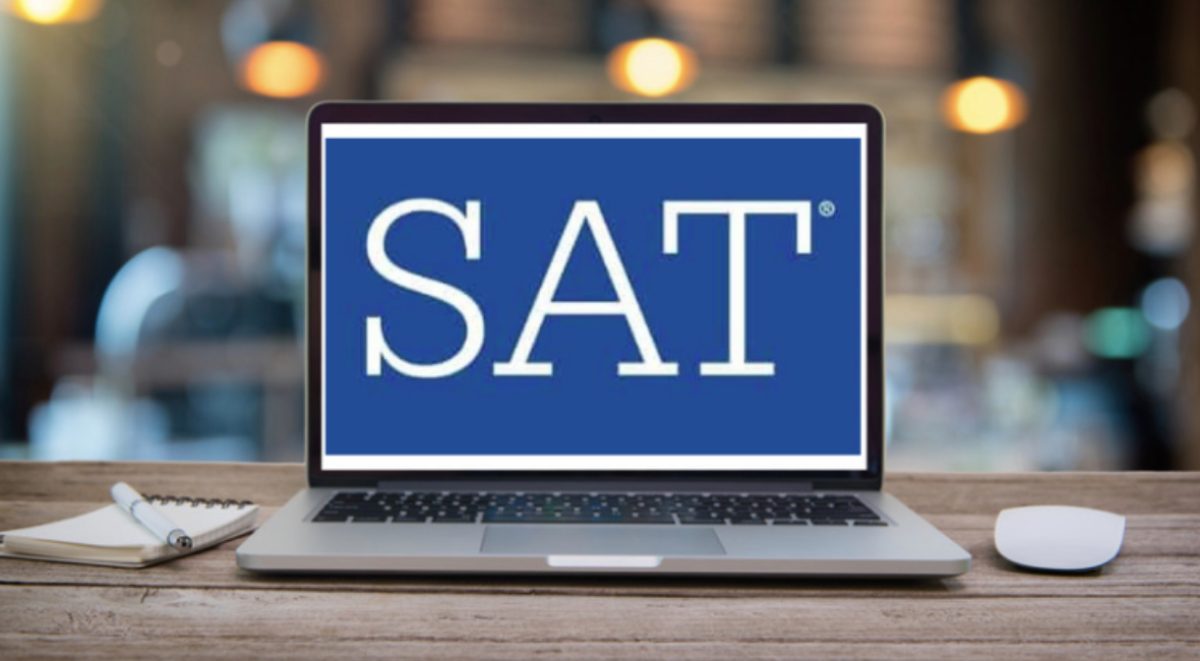With AP exam season fast approaching, students all over campus can be seen carrying review books and preparation material as if they were good luck charms. While many students spend hours in and out of class learning the material they’ll need, few know about the important role that their exams play in the school’s complicated finances.
The State of Florida pays about $500 to school districts for each passing score, according to a 2012 Miami Herald report. Eighty percent of that must be allocated to the passing student’s school, and an additional $50 is paid to the student’s teacher, with a maximum of $2,000 in bonuses to each teacher.
The money that the school receives from students who pass the exams—amounting to over $300,000 last year—plays a critical role in filling the gaps left in the yearly budget.
“We don’t get enough in our regular budget to go through a school year and do all the things we do,” Principal Mike Gaudreau said.
This school year, 1565 exams will be taken by Seminole students, and, historically, 50% of Seminole’s AP exams are passed. While exact financial figures were unavailable, using the $500 figure from the Miami Herald report and a cost of $87 per exam, The Seminole calculates that the school may gain over $180,000 from its AP classes after figuring in exam costs.
Almost half the funds are directed toward paying for the next year’s exams. This year alone, AP exams will cost the school over $120,000, according to bookkeeper Ms. Rollie Nelson. Because the State of Florida only gives extra funding to schools for exam scores above a 3, schools have a financial incentive to help their students succeed on the test.
Veteran AP-exam taker and junior Ishika Khondaker said, “I greatly appreciate [that the school pays for exams], and I know my parents do too. In IB we’re required to take certain AP courses starting sophomore year. If I had to pay for the exams, I’d be spending more than $1,000 on them in my four years of high school.”
Based on data from the tests ordered this year, the average ‘Nole enrolled in AP courses will take just over four AP exams over their high-school career.
Much of the money is spent on providing training to AP teachers. The typical AP training class is $635, not including travel expenses. College Board, the nonprofit that oversees the Advanced Placement program, requires regular training for teachers and administrators in the program.
“One administrator has to go to the annual conference in Las Vegas over the summer. That’s a lot of travel money,” Ms. Nelson said.
Still, basics like textbooks and classroom equipment often can’t be purchased without the AP funds from the state.
“If, in an AP class, a teacher wants a Smart Board, we can buy a Smart Board. We can buy an ELMO. And then whatever else arises. Sometimes AP teachers will come up with things. Turnitin.com is a little expensive, but we use AP funds for that, because a lot of AP teachers use it. Another big one is textbooks. You probably have classes where teachers don’t want one book. So they say, ‘Listen, I really want to buy 150 of this book, but I use this supplemental book also.’ So if you buy 300 books [for each AP class], you could be looking at $30-50K. Now we’re able to do that where we wouldn’t be able to before,” Mr. Gaudreau said.
Seminole High offers about 20 AP classes each year, and the opportunity to earn college credit without paying much is a real boon to students. The benefits provided to schools were originally intended as a cost-saving measure to Florida taxpayers in hopes of eliminating the amount of public funding required for Florida universities offering classes that could be skipped with the help of a passing AP exam score. In addition, there are huge savings potentials for the students taking the exams themselves—some students have eliminated entire semesters from their college careers, saving time and money in the process.
Junior Alex Chen said he expects to take “14 or 15” AP exams by the time he graduates. “It [offering AP exams for free] seems like a good idea because it allows students to pursue knowledge and college credit without worrying about the cost,” he said.
A 2010 Tampa Bay Times report estimated that Floridians would save at least $40 million in university tuition through AP exams and could avoid $30 million in tax savings through the program.
Still, for Seminole, the exams provide a crucial source of income in a time of declining funding at the state, county, and federal levels.
Mr. Gaudreau added, “The money goes before you know it. We could get probably $150,000 to run the school for one year. Just think: bussing and transportation—that can be $30,000 alone. The copy center, in order to make all the copies we’ll need in a year—that can be $80,000. Before you know it, you’re in the first month and it’s gone.”
























